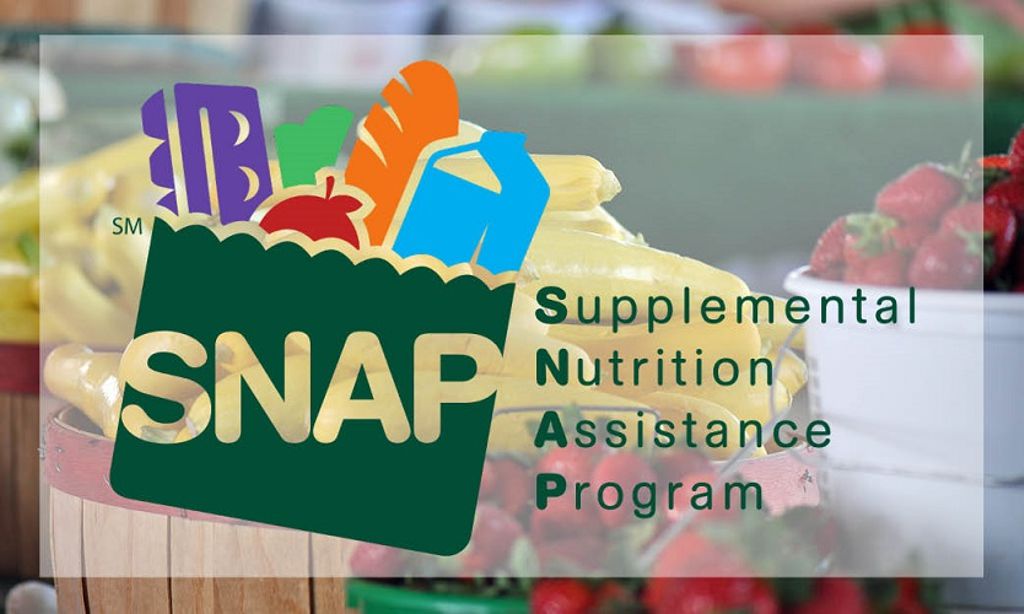Almost 266,000 retailers across the country redeem $96 billion in SNAP benefits annually.
The Department of Agriculture’s (USDA) Food and Nutrition Service (FNS) is proposing changes aimed at strengthening stocking requirements for retailers participating in the Supplemental Nutrition Assistance Program (SNAP), Secretary of Agriculture Brooke Rollins announced on Sept. 24..
SNAP retailers are required to stock three food varieties from four staple food groups—dairy, grain, protein, and fruits and vegetables, the USDA said.
The proposed rule “increases variety requirements to seven per staple food category, more than doubling the food choices available to SNAP participants,” the agency said.
It also “closes loopholes that allow certain snack foods to count as staple foods, emphasizing the importance of healthy, whole food.”
The measure simplifies the classification of foods, said the USDA. In addition, the changes make standards easier for the FNS to enforce and retailers to understand.
“Low stocking requirements make SNAP more vulnerable to fraud and abuse, permitting retailers that aren’t genuinely in the business of selling food to cash in on taxpayer-funded benefits. With nearly 266,000 retailers redeeming $96 billion in SNAP benefits per year, no amount of fraud will be tolerated.”
The USDA said the proposed changes would protect SNAP program participants and taxpayers by limiting fraud, abuse, and waste. The updates will also ensure SNAP families have access to healthier food options, in line with the Make America Healthy Again effort, said the agency.
In a Sept. 25 post, convenience retail trade association NACS raised concerns about the new requirements proposed by the USDA “that may be challenging for small format SNAP retailers to implement in its current form.”
While NACS advocates for increasing nutritious options for SNAP beneficiaries, such changes must be workable and common sense for small retailers such as convenience stores, it said.
“For example, the proposal limits retailers from counting certain products as separate food varieties in the grains and dairy categories, making it difficult for small format stores to comply. NACS plans to advocate for changes that will allow more options for retailers and consumers.”
In the Sept. 24 USDA statement, Rollins said the proposed changes are necessary because the bar for stocking food as a SNAP retailer is “far too low” at present.
This allows retailers to game the system and leave Americans without enough healthy food options, Rollins said.
“Retailers participating in SNAP need to sell real food, plain and simple,” she said. “These common-sense changes are designed to minimize benefit trafficking and skimming, among other fraudulent activities, while making more nutritious foods available to families who rely on the program.”








